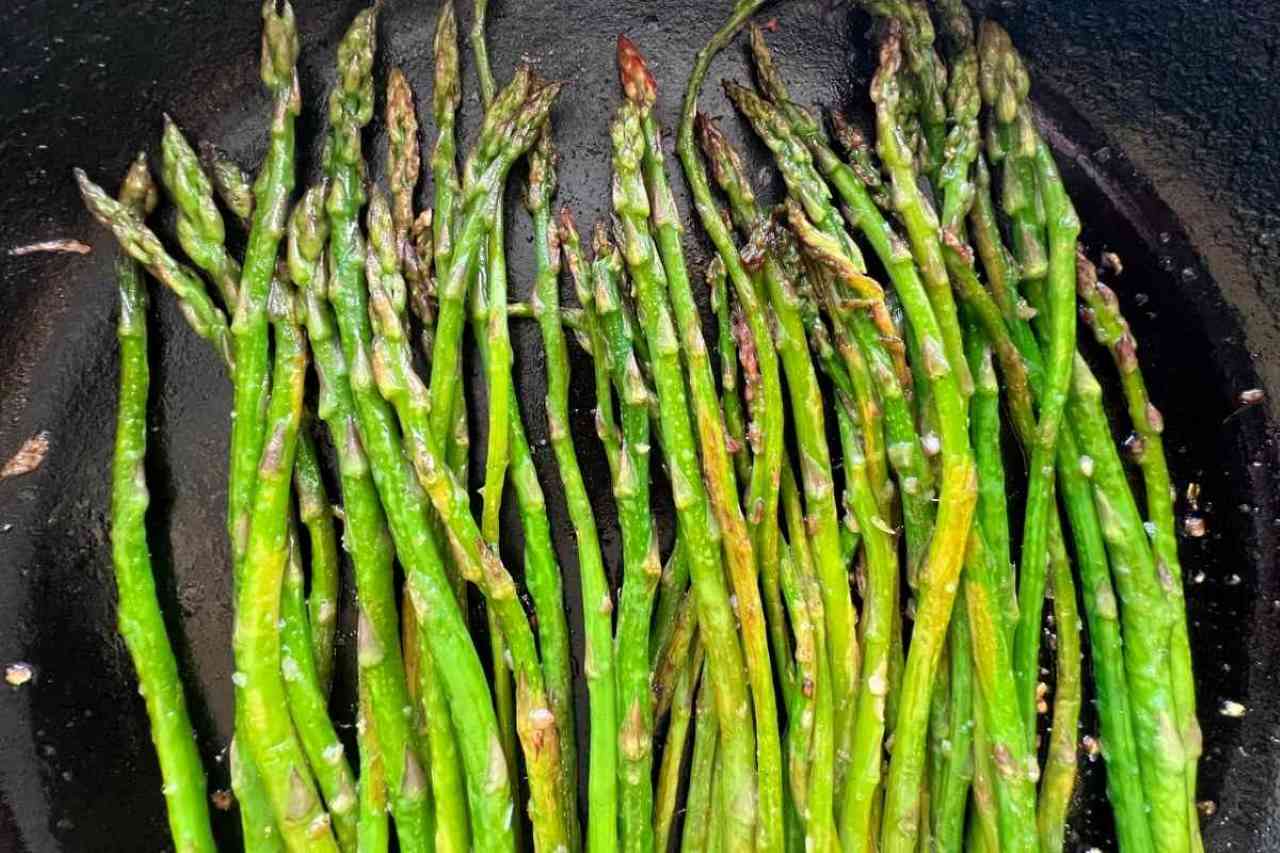In terms of shape, use and flavour, asparagus corresponds to a unique type of vegetable of its kind, although the recognized types are varied, they all correspond to the same species, known as Asparagus officinalis, a type of herbaceous and perennial vegetable that grows up to 100-150 cm high, in which the edible part is not made up of the berry but from the stems which are consumed in many applications. But when is it better not to eat asparagus?
Never eat asparagus in these cases: here’s why
Generally speaking, asparagus is very useful in almost every food sector: consisting mainly of water, very few calories (about twenty for every 100 grams of product), almost no fat intake, while vitamins abound, especially those of group B and mineral salts.
Thanks to these properties, asparagus is useful both for keeping the body “purified” (although the side effect linked to the smell of pee when it is used constantly is very famous and not yet fully explained), but also to counter problems such as diabetes, being equipped with important active ingredients and mineral salts.
Thanks to the antioxidant properties, they are also beneficial plants for maintaining active cell replacement, with positive effects on aging. They can be eaten either raw or cooked, even if not particularly aggressive cooking is recommended to maintain a good part of their nutritional properties.
But when is it better not to eat asparagus? Although rare, there are some types of intolerances linked to this appreciated vegetable, but even those suffering from certain diseases or ailments could experience further problems in eating:
Excessive consumption causes meteorism and flatulence, while those suffering from diseases such as gout and hyperuricemia should avoid its consumption, the same with regard to diseases such as cystitis, kidney stones, prostatitis (advanced stage), renal failure and nephritis.
